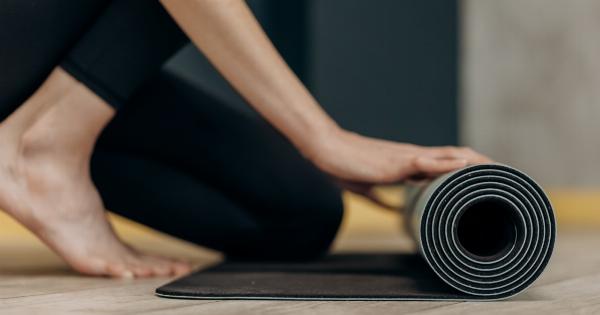Sleep is an essential component of human life. It is a natural process where the body rests and recuperates. Without adequate sleep, a person can face physical, emotional and mental problems. Many people have trouble sleeping, which is known as insomnia.
Insomnia can cause excessive fatigue, difficulty concentrating, mood swings and poor performance. Researchers are still discovering new ways to help people with insomnia, and many claim to have found the perfect solution- say goodbye to counting sheep.
What is counting sheep?
Counting sheep is a technique that involves imagining a flock of sheep jumping over a fence one by one, and counting along with them. The monotonous task of counting can lull people to sleep.
The idea of counting sheep originated in the 1800s, when it was less difficult for sleep to evade people than it is today. Most people are unable to focus on counting for more than a few minutes, and therefore the technique may not be suitable for everyone, and that is a reason to say goodbye to counting sheep.
Why do people use counting sheep to fall asleep?
Counting sheep is used to help people sleep because it is a monotonous activity that can help to clear the mind of stressful or anxious thoughts that might keep a person up at night.
The repetitive nature of counting can cause the body to relax, leading to sleep. Thus, people hope that counting sheep can help them fall asleep more quickly. This technique can be used on its own or as part of a relaxation routine.
Counting sheep: does it work?
The effectiveness of counting sheep as a sleep aid is dubious. Many experts suggest that the technique may not be entirely useful, as it can be challenging to imagine realistic sheep jumping over a fence in a dreamlike manner.
In addition, the mind easily wanders and can lose count, which may cause frustration and anxiety and fail to get adequate sleep. Some people may find it helpful during the initial days, but it can gradually become less effective with time.
If a person is using counting sheep to help them sleep, it is essential to be consistent with the routine to allow the body and mind to become accustomed to the process.
Alternatives to counting sheep
Suppose a person is searching for an alternative to counting sheep. In that case, there are a few things that may help relax the body and mind and induce drowsiness. These include relaxation techniques like deep breathing exercises, meditation, and yoga.
Taking a warm bath before bed can also help to relax the body by raising the core temperature, which then drops once the blood vessels start to dilate. Natural supplements like chamomile tea or valerian root can also be helpful. In addition, it is crucial to maintain a consistent sleep routine, avoid caffeine, and limit stimulating activities like television or computer use before bed.
Say goodbye to counting sheep with technology
As technology advances, it is becoming more apparent that it can influence various aspects of human life, including sleep. There are various technological alternatives to counting sheep that can help people fall asleep quickly and easily.
One popular alternative is white noise machines, which create ambient soundscapes that help to drown out background noise, enhance relaxation, and reduce anxiety levels. They can help create a natural environment that seems more conducive to sleeping. Another alternative is sleep apps, which offer different relaxation activities, guided meditation, and various sleep-inducing noises like rain or outdoor sounds.
Conclusion
Overall, counting sheep can be a helpful tool for some people when it comes to falling asleep. However, it does not offer a guarantee, and it is not the only technique available for people with insomnia.
Those with insomnia must be patient and consistent with any of the techniques they choose to use, and potentially use the alternative techniques of relaxation exercises, natural supplements, and white noise or sleep apps. Saying goodbye to counting sheep can help discover other methods to induce sleep and lead a life full of high productivity.






























